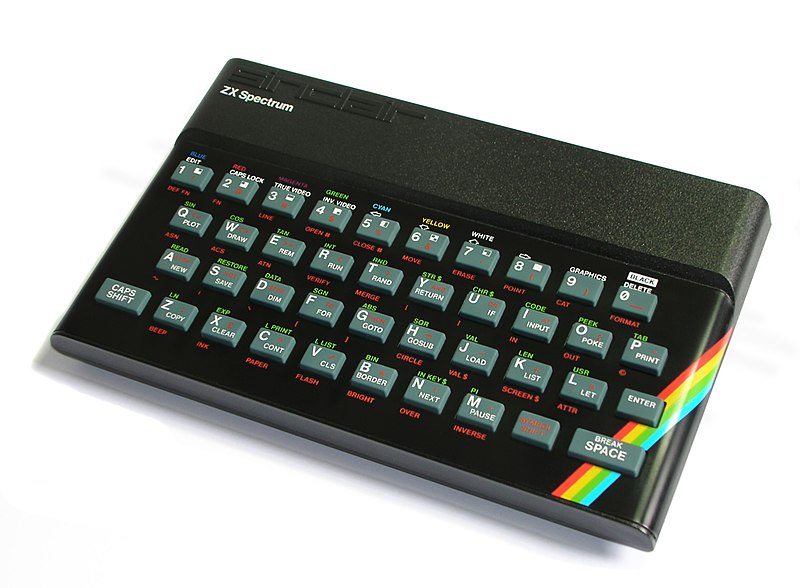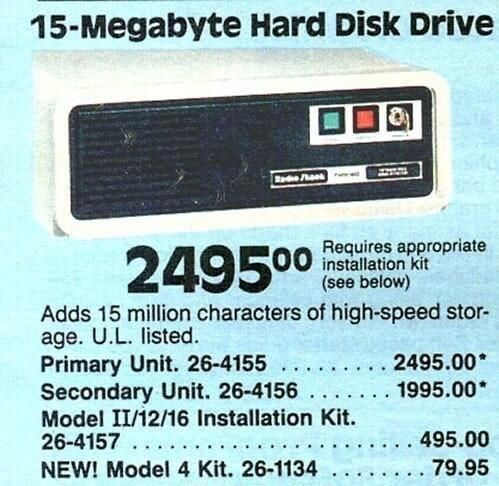I'm sure this is old hat to some of you, but I just upgraded my PC's storage. I now own a Terabyte. A whole goddamn terabyte, all to myself. My mind is still boggling at how big this is.
It's ten times the size of the old drive it's supplementing. Okay, fine.
It's 50 times the size of the one that got me through most of university.
It's 500 times the size of the one in the super-hot gaming rig I lugged to LAN parties all over the eastern U.S. & Canada in my teens.
It's ten freaking thousand times the size of the one in my first PC that I bought with my own money when I was 12.
It would hold over six million diskettes for the first computer I ever used, the Commodore 64 my parents got when I was one. Now we're getting into numbers the human mind can't really imagine so they just sound like statistical mumbojumbo. Let's switch gears...
If I launched Audacity (a sound file editor), set it to save directly to internet-quality MP3 (128 kb/s), and hit "record", it would take over two goddamn years before I got an 'out of disk space' error. If I were recording 360p streaming video, it would take 132 days.
A paperback book has about 400 words per page, or maybe 2000 characters. In ASCII encoding (1 byte per character, no compression or optimization), my new drive could hold 2.2 million 250-page paperback books. Dangit, that's another one of those silly abstract numbers.
Well, the internets say a 250 page book weighs 120~200 grams, so let's call it 160 g for simplicity. I grabbed a pretty typical looking one and it was exactly 17.5 x 10.5 x 1.6 cm (at 246 pages.) That gives us a 294 cc book with a density of 0.54 g/cc. If you launched 2.2 million of those books into space, they would form a sphere with a diameter of around 10.7 meters. That sphere would mass 352 000 kg and have a surface gravity of 0.00000002 x Earth's, which sounds minuscule but is easily measurable with common gravimeter instruments. If an object floated in space above this "planet" of books, it would accellerate in an hour to roughly 2.5 meters/h due to the gravitational pull. That's not going to win any records but, if you were hanging around watching, you could totally see it happen.
That's accelleration at normal, human perceptible rates and timescales. Due to gravity. Of a ball of information. Which could alternately fit on my hard drive.
Did I mention this terabyte wonder is a 2.5", 9.5 mm, sub-$100 laptop drive? Because right now, if you want desktop-sized, you can go buy one that holds four.
Absurd.

























 My first computer was an Osbourne 1 and it had a whopping 64k of ram, no HD and two single sided floppies. 1981, I still have it. I was shocked a while back when I found one on display at the Smithonian.
My first computer was an Osbourne 1 and it had a whopping 64k of ram, no HD and two single sided floppies. 1981, I still have it. I was shocked a while back when I found one on display at the Smithonian.
























